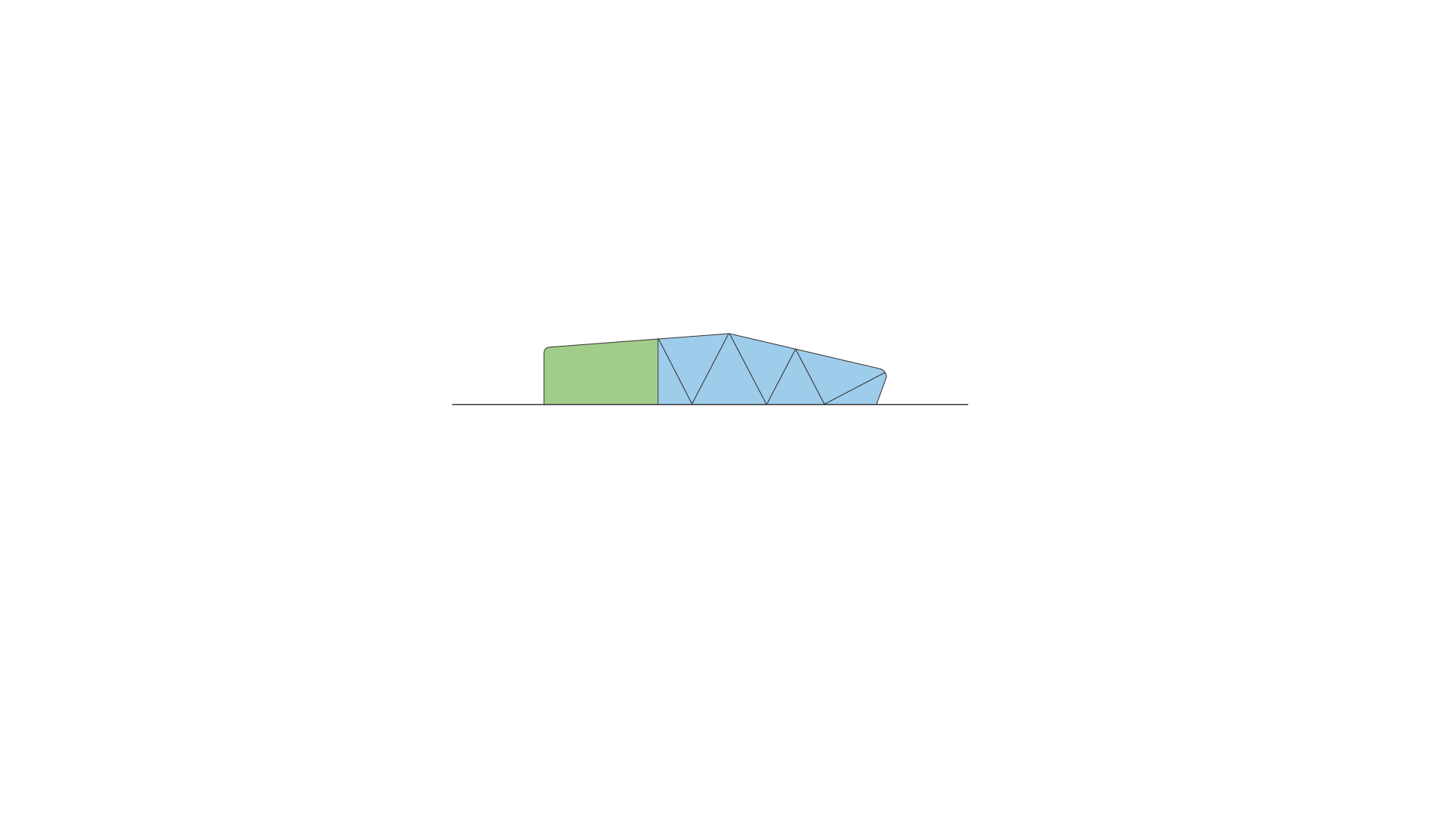Upon a recent visit to the evacuated towns around the site of the Chernobyl nuclear disaster a picture of this abandoned green house used by the former residents of the town struck a chord. At Plantimate we are developing a food growing system independent of the surroundings so as to avoid issues with soil contamination, this example in an area with high levels of radioactive soil is an extreme example but given communities are starting to move back it only inspires us to work harder on Plantimate and make it as accessible to as many people as possible.




